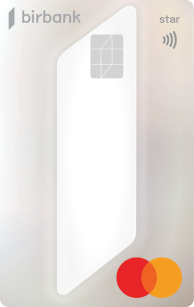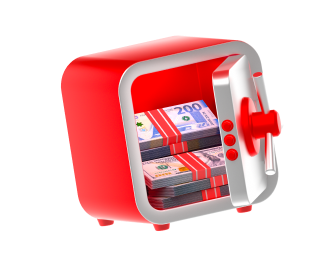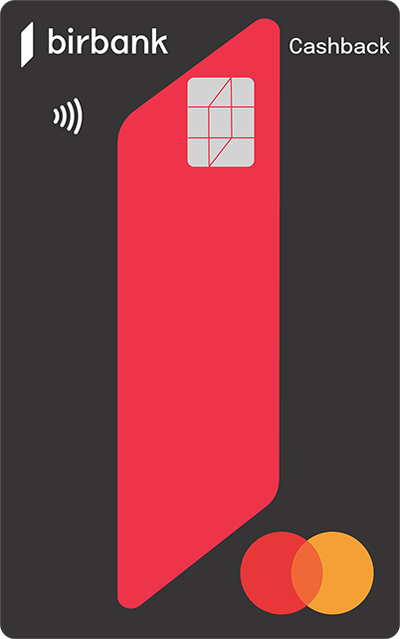FAQ
If the total volume of bonds is large, their sale can be carried out in parts. In this case, the parts put up for sale from the full volume are called "tranches". For example: the total volume of Kapital Bank bonds is 100 million manats. The bank will sell this volume to the market in the form of tranches, that is, in parts. Information about the sale date and conditions of each tranche is announced by mass media before the release.
The "maturity period" of bonds refers to the time span from the first day the bonds are issued to the maturity date of the issuance. Within a single issuance, all bonds have the same maturity date, regardless of when they are sold. For example, Kapital Bank’s USD bonds have a maturity period of 7 years. If the bank issues bonds on May 30, 2024, with a term of 7 years, and you purchase these bonds in October, they will generate returns until the maturity date of the tranche, which is May 30, 2031, rather than until October of the following year.
Our bonds yield 10% over the term. From the date you buy the bonds you will earn income at this interest rate until the end date of the tranche. For example: Let's say you want to buy a bond worth 1200 AZN from a 1-year issue. If you buy the bond in the month it is issued, you will earn 10 manats every month. That is 12 months at the end, you will have 120 AZN for 1200 manats. If you buy the bond not in the month of issue, but in one of the following months, then for the remaining months you will get a suitable income. That is, if you bought the bond after 5 months from the time it was issued, the remaining balance You will earn a total of AZN 70 with a bond worth AZN 1,200 within 7 months.
A bond is a type of security that grants the investor the right to receive interest payments on specified dates and the principal amount at the end of the bond's term.















